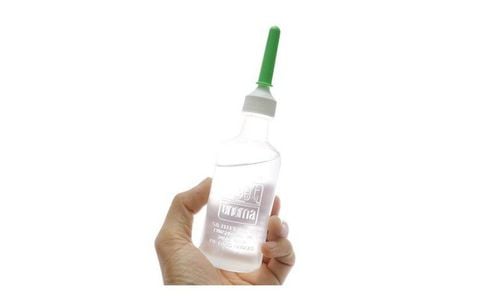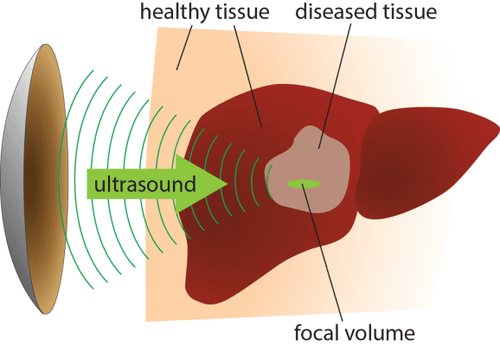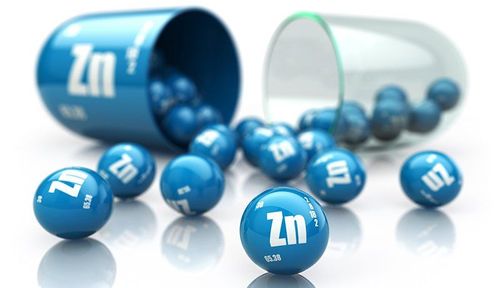This is an automatically translated article.
Posted by Master, Doctor Mai Vien Phuong - Department of Examination & Internal Medicine - Vinmec Central Park International General Hospital
Prune juice has long been used to relieve constipation because of its ability to stimulate the digestive tract. Prune juice is not suitable for every child and it is important to realize that it has limitations when it comes to treating constipation. This article explains how to use prune juice to treat constipation in your child and when to see your pediatrician.
1. Prune juice for babies with constipation
Prune juice treats constipation for a number of reasons. Prunes, which are made from dried prune juice, are high in sorbitol. This substance has laxative and diuretic properties. The phenolic compounds in prunes and prune juice are also effective laxatives.
If your child is over 1 year old, it is generally safe to give prune juice in small amounts to relieve constipation.
However, juice is not recommended for infants under 1 year of age unless medically indicated. Talk to your child's pediatrician before giving any juice.
Remember that prune and prune juice allergies occur in a small percentage of people. Sorbitol can also cause bloating and gas.
For these reasons, introduce prunes juice gradually and in small doses if you are using it to treat constipation. Ideally, your child will be old enough to try prune juice before you have to use it as a treatment option.
Newborn prune juice
Infants under 2 months old. It's not unusual for a baby to be tense, crying, grumpy, and bloated, but this doesn't necessarily mean they're constipated. It is possible that the child is figuring out the mechanism of the bowel movement.
Breastfed babies may also have longer bowel movements between bowel movements than formula-fed babies.
When the baby is less than 2 months old, it is not unusual for the baby to have a bowel movement for more than 5 days. Constipation is not common in this age group. If you suspect your child is constipated, talk to your pediatrician to get them checked.
Newborns from 2 to 12 months old. When your child is at this stage, you still shouldn't give him juice unless your doctor tells you to.
If your child's pediatrician agrees, he or she can provide guidance on how much prune juice is safe to give your child. A general rule of thumb is to drink 1 ounce of prune juice per month with a maximum daily dose of 4 ounces.
Drink prune juice no more than twice daily to help relieve constipation. You can also dilute the juice with water to help your baby stay hydrated. Continue formula or breast-feeding as usual.
If your child does not use a cup, give them prune juice in a syringe or with a spoon.

Prune juice for toddlers
After your child walks past their first birthday, they are considered toddlers. Constipation in toddlers is very common, especially during toilet training.
Toddler prune juice can be given in larger doses to relieve constipation, but is still limited to less than one cup per day when a child is constipated. More than that can irritate your child's stomach.
Where to buy prunes juice
If you have an infant or toddler, consider keeping prune juice to treat constipation. Having it ahead of time will give you the best chance to use it.
You can find prune juice at many health food and grocery stores. Make sure the prune juice has been pasteurized. This process kills any harmful bacteria, such as E. coli and Salmonella.
2. Other Constipation Treatments for Baby
If you are caring for a constipated baby or toddler, prune juice is not the only home treatment option.
Babies, babies and toddlers can benefit from a warm and relaxing bath. Bathing your baby can help him relax his muscles and have a bowel movement.
Babies 6 months and older can be given water to drink. Rehydrating the digestive tract is a simple way to get things moving and soften stools.
Massaging the baby's belly in a clockwise motion or hugging the child's knees together and gently pushing the baby's legs up can release gas and help with stools.
If your child is constipated, they may need to try different positions on the toilet bowl to get enough leverage to release hard stools. Try adding a small stool underneath your child's feet or elevating their legs to help them get this leverage.
Give your child plenty of time to have a bowel movement and tell him that. Toilet anxiety is normal for toddlers and can make symptoms of constipation last longer. Bring some of their favorite books to the bathroom to help pass the time and entertain.
3. When to see a pediatrician?
Most cases of constipation can be treated at home with the above remedies. But recurrent or chronic constipation requires medical treatment.
If you notice the following, call your child's pediatrician for advice:
Suspected infant constipation Blood in stools Distention Vomiting Fever lasts more than 24 hours Weight loss sudden If you're not sure it's an emergency or you can't reach your pediatrician, go to an urgent care center.

4. Preventing Constipation in Babies
If your baby is exclusively breastfed, there is very little chance of your baby being constipated. Make sure to include plenty of water in your diet if you are breastfeeding your baby.
Infants may be constipated due to medication or sensitive to ingredients in formula. Consult your child's pediatrician if you believe this is a possibility.
Infants and toddlers with frequent constipation may need to drink more water or add more fiber to their diet.
Getting your child to sit on the toilet at the same time each day can also help regulate their body as they get used to the habit.
Conclusion
Plum juice can be an effective and low-risk home remedy for treating constipation in young children.
If your child is under 1 year old or has a history of food allergies, be cautious and see your doctor before trying prune juice.
Remember to measure prune juice dosage carefully when giving it to your child to relieve constipation. Too much prune juice can flood the digestive tract and cause additional discomfort.
Vinmec International General Hospital is one of the leading hospitals in the country for examination, diagnosis and treatment of digestive diseases, especially in infants and young children. With modern equipment, sterile space, minimizing the impact as well as the risk of disease spread. Along with that is the dedication from the doctors with professional experience with pediatric patients, making the examination no longer a concern of the parents.
To be examined by experienced pediatricians at Vinmec. Please make an appointment at the website to be served.
Please dial HOTLINE for more information or register for an appointment HERE. Download MyVinmec app to make appointments faster and to manage your bookings easily.
ReferencesHeyman MB, et al. (2017). Fruit juice in children, children, and adolescents: Current recommendations. DOI: 10.1542/peds.2017-0967 Mayo Clinic Staff. (2017). Constipation in children. mayoclinic.org/diseases-conditions/constipation-in-children/symptoms-causes/syc-20354242 Stacewicz-Sapuntzakis M, et al. (2001). Chemical composition and potential health effects of prunes: A functional food? DOI: 10.1080/20014091091814 Xinias I, et al. (2015). Constipation in childhood. An update on evaluation and management. ncbi.nlm.nih.gov/pmc/articles/PMC4574579/














